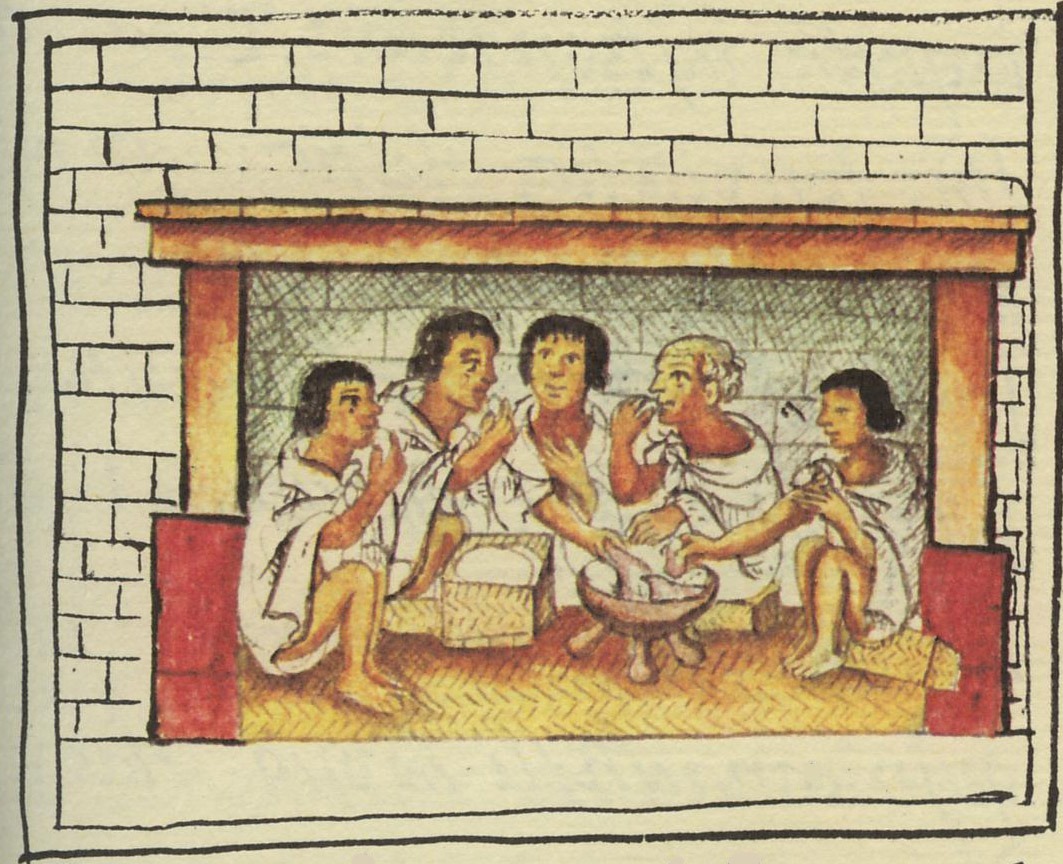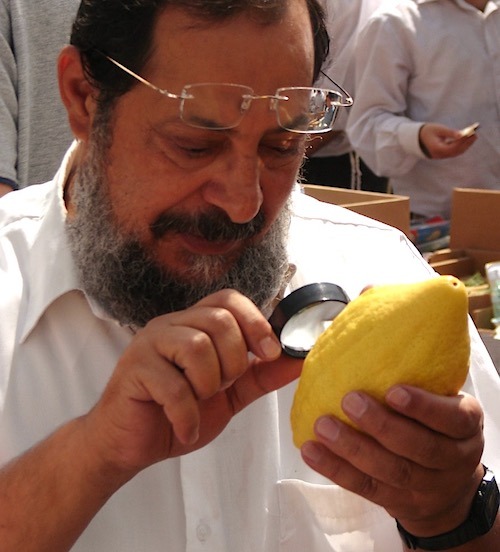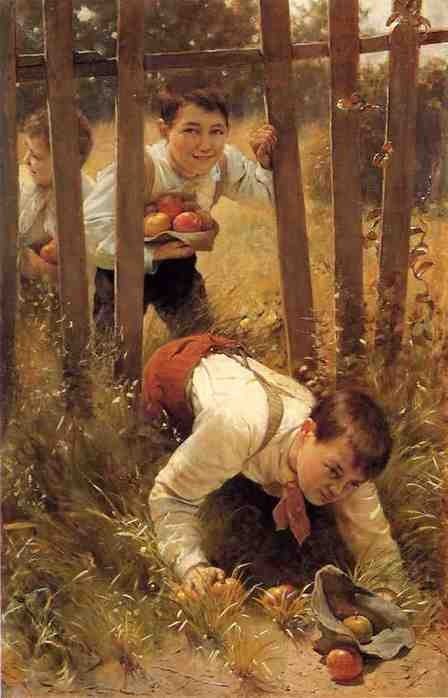by Lois Tverberg
“I have learned to be content whatever the circumstances. I know what it is to be in need, and I know what it is to have plenty. I have learned the secret of being content in any and every situation, whether well fed or hungry, whether living in plenty or in want.” Philippians 4:11-13
We live in a culture where TV shows and commercials revolve around having more “stuff,” where our status is based on money, and we are expected to dedicate all our time to achieving financial success. Our culture’s god is Mammon, and especially at Christmas we are bombarded by messages to bow down to this god, when we should be worshipping the God who cared so little for money that he came to earth to lay in a watering trough.
An excellent perspective comes from a rabbi who lived within a century of Jesus. He asked the simple question: “Who is rich?” And answered it with a profound, yet simple answer: “He who is satisfied with what he has.”
Certainly there are many in need, but many more of us don’t see the amazing prosperity that we do have. For much of the world’s people, and for much of human history, people have known regular hunger, have had only one or two changes of clothes, and have worked hard to just make ends meet with little or no safety net of savings.
Nowadays people have retirement savings, buy pricey vacations and entertainment items, and grow obese eating in restaurants. If we saw our homes as palaces that even kings and queens of former generations would feel comfortable in, we certainly would feel satisfied with what we have.
May we seek first his Kingdom, rather than worrying about the things we have or don’t have. And may we learn to be content in every circumstance, knowing that God abundantly supplies all our needs. Then we will see how rich we really are.
(1) Mishnah, Pirke Avot 4:1, Ben Zoma.
Photo: Myrabella














